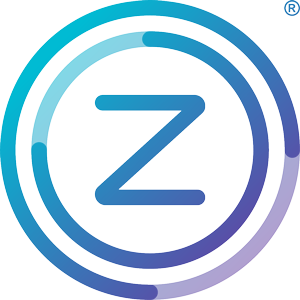Smart Data Providers Improve Data Collection Amid New Privacy Features
 Zoox Smart Data - 23 de September de 2021.
Zoox Smart Data - 23 de September de 2021.
Hotels might be reliant on first-party data to understand customer analytics. First-party data is often vital to the successful implementation of marketing campaigns, some of which are deemed valuable with high gross open rates, like when a recipient opens an email campaign and how often the email is opened. However, big-box tech providers like Apple are implementing new features and framework that make data collection through traditional outlets either very difficult or near impossible.
Hoteliers must establish direct relationships with all current and potential customers, which is often accomplished through personalization efforts like geo-targeting, profile building, and more. But with first-party data becoming increasingly difficult to obtain, hoteliers need to turn to alternative solutions—like smart data providers—to improve data collection amid new data privacy policies and features.
Using smart data
The hotel industry is seeing an increase in smart data providers that find new consent-based methods to identify, profile, and categorize consumers. As privacy protection efforts ramp up, smart data is becoming a popular solution for collecting first-party data.
Smart data providers use multiple methods to collect first-party data. Popular methods include customer journey analytics and customer experience analysis. With customer journey analytics, smart data providers weave together customer analytics across multiple channels, using data collected through platforms that require guests to sign a user agreement before logging into a hotel’s WiFi to complete guest profiles. Oppositely, customer experience analysis uses a variety of tools and techniques to gather guest attitudes, opinions, and emotions, often done through surveys and comprehensive platforms.
Smart data providers also give information on past guests and can access a hotel’s available data to categorize past guests based on recent stay, frequency, and monetary value. Hoteliers have to navigate using alternative data collection techniques and strategically using the data they collect to add value to their hotel. Smart data providers augment guest profiles with preferences, provide social media ambassadorship, find customer engagement data, and more.
Choosing a provider
It might be daunting and overwhelming to trust a third-party provider with collecting guest data, but the right provider can make marketing operations easier. When searching for a smart data provider, the provider will gather key information for guest profiles including: demographics and psychographics, search patterns, booking windows, and ancillary spend behavior. Every hotel needs an individualized approach, and while location may be a key marketing factor for one hotelier, the type of stay might be more important for another. Hoteliers also need to research providers that have experience in tailoring their solutions to fit individual needs.
In addition to ensuring that a smart data provider can meet a hotel’s data collection needs, hoteliers also need to verify that the provider is meeting regional privacy regulations. With a growing emphasis on data protection, smart data providers should ensure that a hotelier will not violate any data protection laws, which can incur fines and risk a hotelier’s reputation. By using a smart data provider, hoteliers will be able to face the challenges of new privacy policies head on with solutions to continue collecting important and valuable data.






Comments